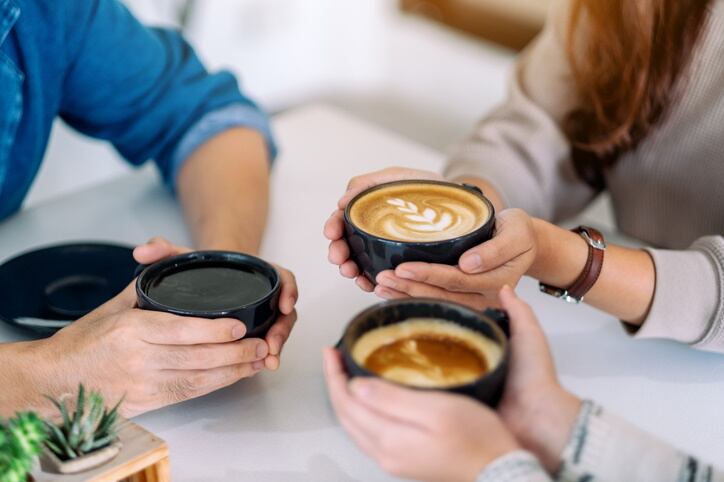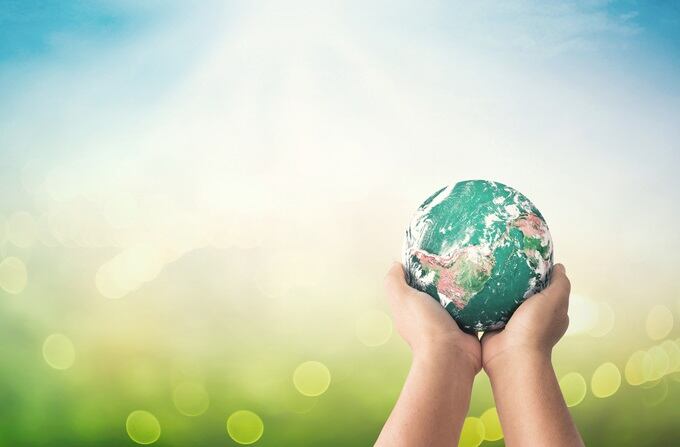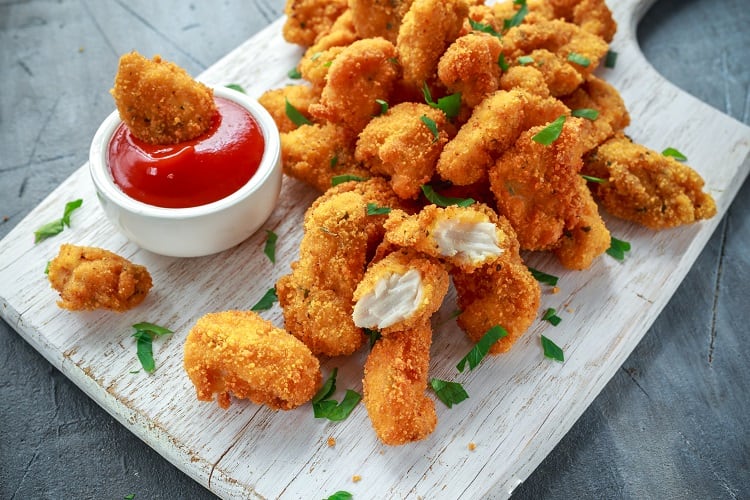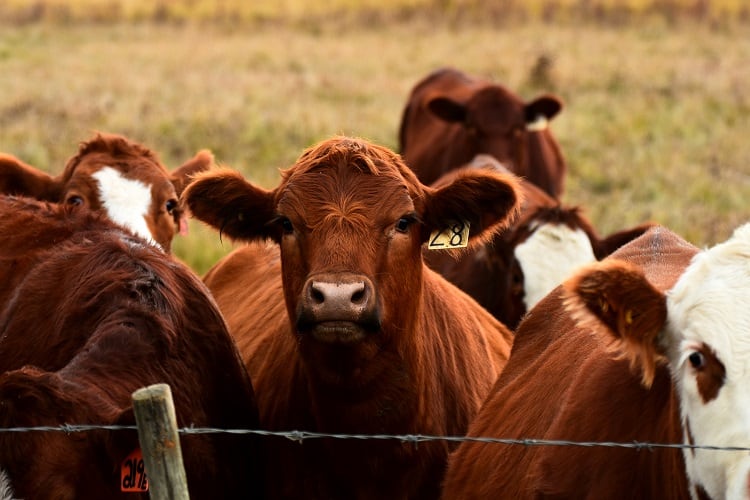Coffee roaster Meira has long placed sustainability at the heart of its innovation and sourcing strategies. The company launched its first Fairtrade, organic coffee back in 1999 – and the journey continues.
Today, in their Helsinki-based roastery, Meira recycles coffee waste into biogas and will achieve CO2 emission reductions of around 77 tonnes per year. The group has increased its waste recycling rate to reach 80% and its goal is to halve our greenhouse gas emissions by 2022.
Innovation is an important element of this initiative and the business has just launched Vallilan Paahtimo, a new range that puts sustainability in the spotlight. The coffee is sustainably grown, single origin and comes in an aluminium-free packaging.
Finding a viable alternative to common aluminium-based coffee packaging was a test for the company, Riikka Katajainen, Procurement Manager, and Marleena Bask, Strategy and Sustainability Director at Meira, told FoodNavigator.
“The challenge for us is to find solutions that are better for the environment, while guaranteeing product safety, quality and long shelf-life,” they reflected.
Meira worked with packaging experts at Amcor to find a solution.
Outlining the scale of the challenge, Amcor’s Coffee Marketing Manager Giorgio Dini said manufacturers need to balance consumer expectations for ‘high quality’ against the hunt for more sustainable packaging. There can be no compromise on freshness, he told us.
“The challenge facing coffee brands is to increase sustainability performance while preserving the aroma and therefore sensory experience that is essential to consumer satisfaction.”
The difficulty is that the aluminium used in the majority of coffee packaging is highly effective at preserving the product. “Aluminium and metallised barriers found in most coffee packaging preserve the product, however there is a need for more sustainable, recyclable or renewable solutions. Removing aluminium as well as replacing standard PE with bio-based PE gave us a more sustainable product with an easy switch,” Katajainen and Bask explained.
“The metal-free solution we have implemented with Amcor has improved the carbon footprint of our pack by 45%, with no compromise in terms of quality, safety and shelf life.”
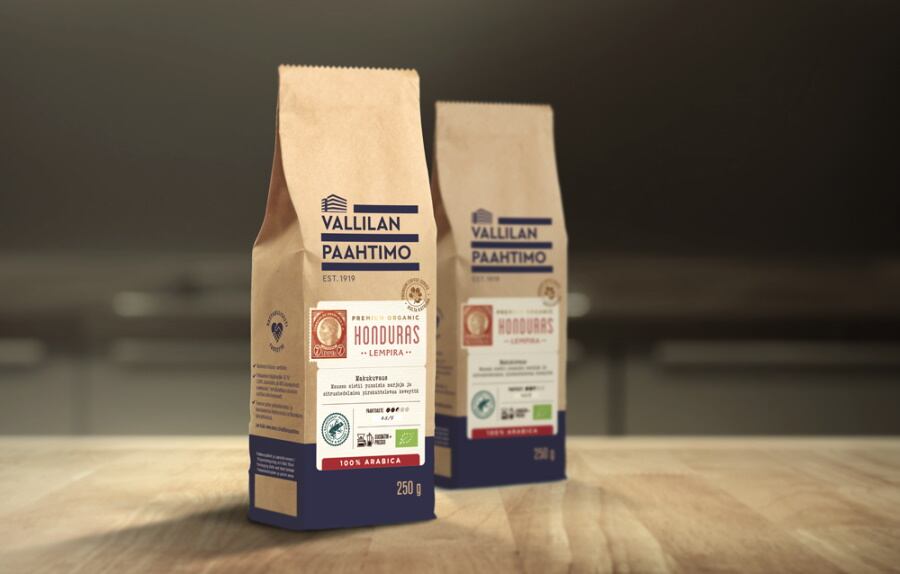
An ‘immediate’ cut in CO2 footprint
Reducing the carbon footprint of the coffee sector is of utmost importance, Meira and Amcor continued.
“Climate change is one of the biggest challenges facing the coffee industry. As a result, there is a strong push for coffee brands to move towards more sustainable farming practices, production operations and packaging. Many coffee brands are considering packaging alternatives that help them achieve CO2 emissions reductions,” Dini observed.
As the Meira example demonstrates, packaging is an important part of this puzzle. The company, in collaboration with Amcor, was able to switch to a bio-based polyethylene (PE) derived from sugar cane.
“Plant-based bio-based polyethylene is one of these alternatives, and a way to achieve an immediate carbon footprint reduction,” Dini revealed.
Bio-based materials offer a number of advantages, the packaging expert continued.
“Bio-based materials are renewable, which means they can be grown again. This is compared to traditional polymers, made from depletable fossil resources that contribute to exhausting the limited resources on the planet.
“Like traditional PE, bio-based PE is fully recyclable, accepted in mono-PE streams, and in mixed polyolefin streams.”
A ‘seamless’ switch
For Meira, bio-based packaging aligns with its CSR commitments – something the company says is important given the increasing weight European consumers assign to sustainability.
According to Mintel’s report – A Year Of Coffee Innovation 2020 - 59% of coffee launches introduced in Europe over the past year featuring some kind of ethically grown or environmentally-friendly claim.
“The fact that the packaging is made from renewable resources aligns with our commitment to more sustainable coffee production. Already over 60% of the green coffee we use is Fairtrade, UTZ or Rainforest Alliance certified. With our Vallilan range, for example, we are offering a 360-degree sustainable product. By using bio-based PE, we are showing our commitment to sustainability both inside and outside the pack,” Katajainen and Bask noted.
The new packaging material could also be fed into Meira’s existing production lines. “An important benefit for us was that this switch to bio-based materials was seamless. Our production capacity has not been affected, as the structure of the material and its technical and mechanical properties are the same as conventional polyethylene.”
‘We are ready for the next steps’
Meira plans to keep its foot on the gas as it continues to drive sustainable innovation. This, Katajainen and Bask believe, is necessary to keep pace with what European consumers expect.
Indeed, Amcor added, its own research shows that ‘the majority’ of European consumers ‘really do want to be more sustainable in their day to day lives’. The company conducted a survey across five European countries and 1,500 shoppers, which found that sustainability continues to be a ‘significant topic of concern and interest for most people’. The top two concerns cited by consumers was climate change and plastic waste.
Meira is therefore raising the bar on its sustainable packaging and sourcing strategies. “As consumers increasingly see the value in making more sustainable choices, we are ready for the next step on our journey towards more sustainable packaging: In addition to having all our coffee verified sustainable by 2022, we are aiming at having 100% of our packaging recyclable, recycled or made of renewable materials by 2030,” Katajainen and Bask told us.
They described this project as a ‘good step and learning process’ but added that more alternative materials need to be developed and tested.
“The three core pillars of our operations are to create responsible products and services, to take care of the well-being of our employees, supply chain partners and customers, and to protect the environment through our supply chain.
“Legislation is aiming towards recyclable mono-materials, so this is the future goal. We are aiming for 100% recyclable, renewable or recycled materials and we are in the process of developing and testing new solutions. Watch this space!”

